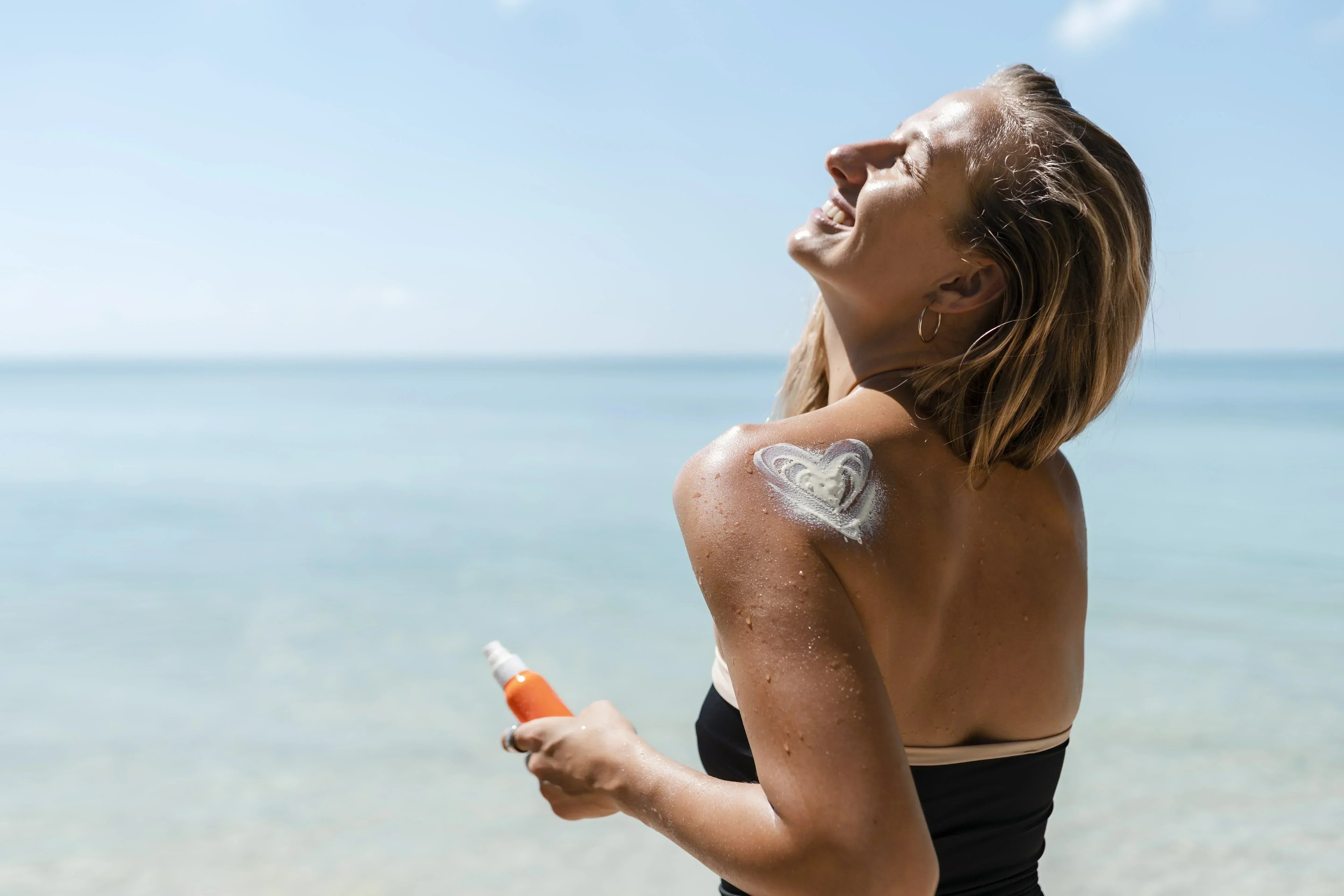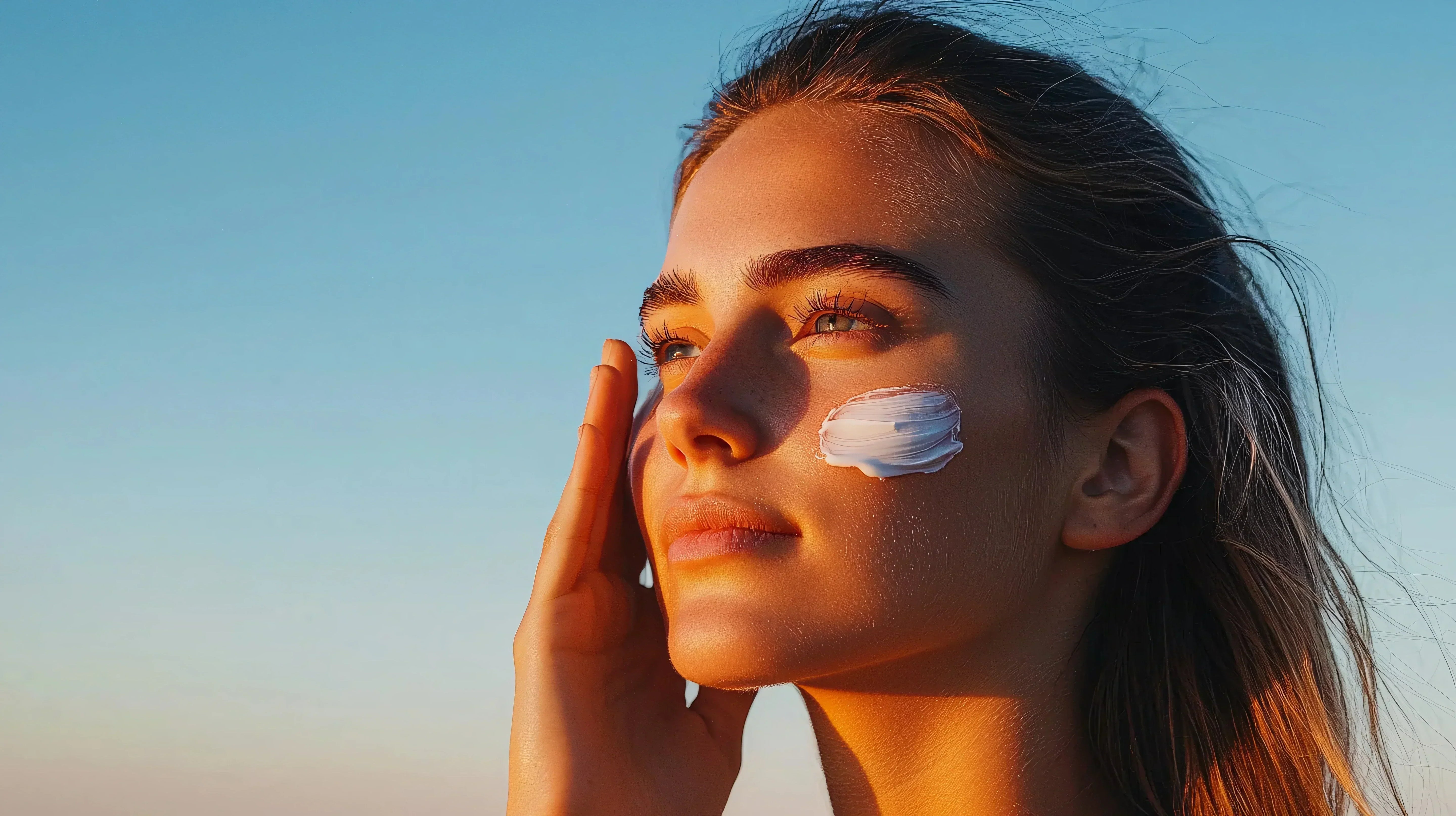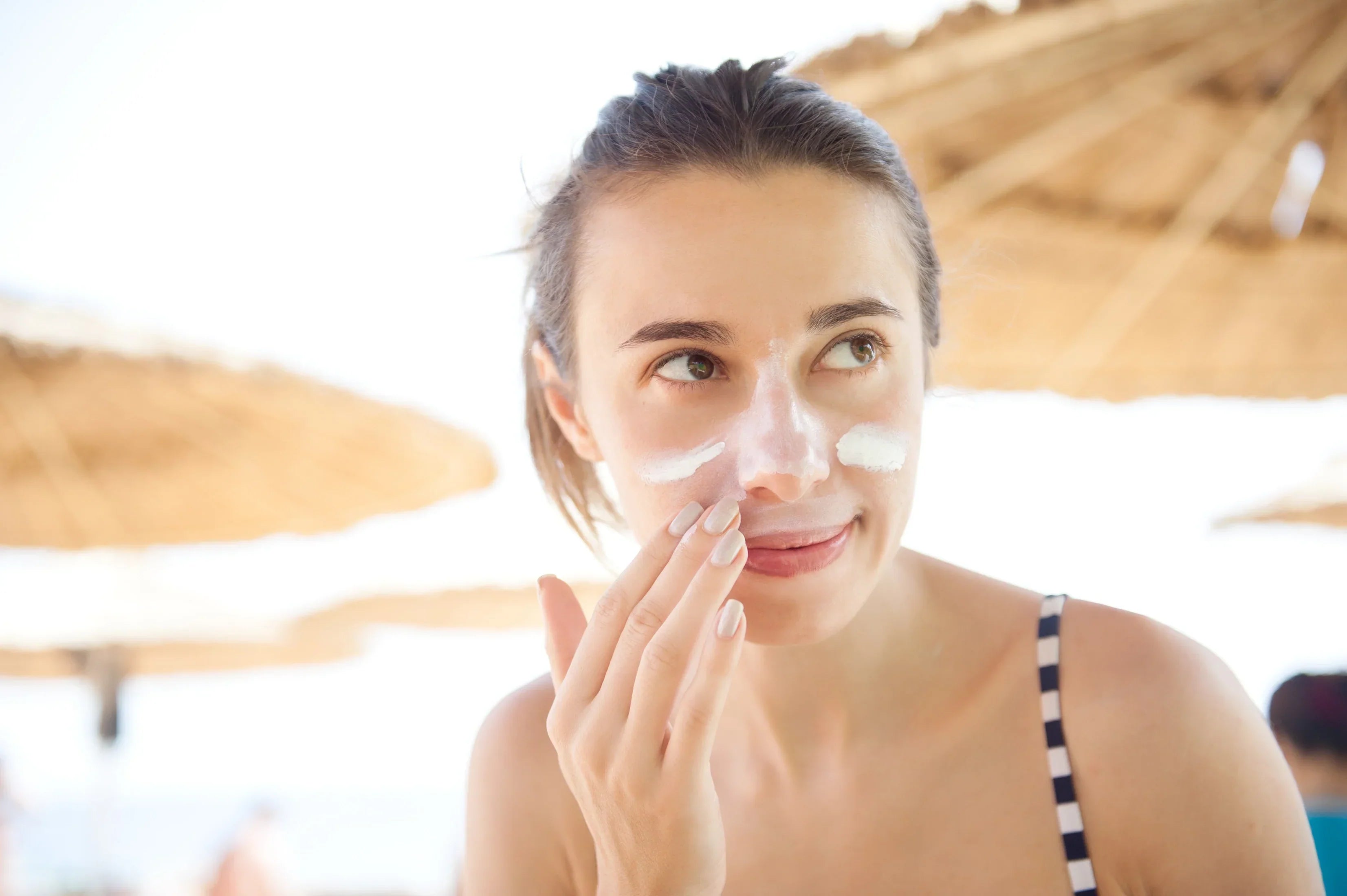
Does Sunscreen Prevent Tanning?
Wondering if sunscreen can stop tanning? Get the facts on how SPF works against Dubai's intense sun, and learn essential tips to protect your skin from UV rays and sun damage.
Tanning is a common concern for anyone spending time under the sun, especially in a city like Dubai, where high UV levels are present year-round.
Whether you’re at the beach, walking in the city, or simply running errands, the intense sunlight can quickly affect your skin. Many people wonder can sunscreen prevent tanning, or is it only for sunburn protection? Let’s break down the science and see how it works in Dubai’s climate.
Understanding Tanning and Sunscreen’s Role
Tanning happens when your skin produces more melanin to protect itself from UV radiation. While this process gives skin a darker appearance, it’s essentially a defence mechanism against sun damage. Many people in sunny regions like Dubai wonder if sunscreen can completely stop this process.
Sunscreen works by absorbing, reflecting, or scattering harmful UV rays—specifically UVA (responsible for skin ageing and tanning) and UVB (responsible for burning). A good broad-spectrum sunscreen significantly reduces the extent of tanning, but it doesn’t block it entirely. No sunscreen can make you 100% immune to melanin production, especially with prolonged sun exposure.
Why Tanning is a Concern in Dubai
Dubai’s climate is hot, sunny, and humid for most of the year, with UV indexes often reaching “very high” or “extreme” levels. This means even a short walk outdoors can result in noticeable tanning or sun damage if you’re unprotected. In such conditions, using a sunscreen with SPF 50 or higher and broad-spectrum protection becomes essential.
The intense desert sun also reflects off sand, water, and glass surfaces, increasing UV exposure. Even indoors, UVA rays can pass through windows, meaning your skin is still at risk during daily commutes or while working near sunlight.
SPF and Its Effect on Tanning
SPF (Sun Protection Factor) measures protection against UVB rays, which are the primary cause of sunburn. For example:
-
SPF 30 blocks around 97% of UVB rays
-
SPF 50 blocks about 98%
-
While this is impressive, the remaining UV rays can still trigger melanin production over time, resulting in mild tanning.
That’s why dermatologists in Dubai recommend frequent reapplication—at least every 2 hours, or more often if you’re sweating or swimming.
Choosing the Right Sunscreen for Dubai’s Climate
To limit tanning in Dubai’s climate:
-
Pick a broad-spectrum sunscreen to shield against both UVA and UVB rays.
-
Use water- and sweat-resistant formulas to cope with the heat.
-
Look for SPF 50+ for maximum protection in extreme UV conditions.
-
Opt for lightweight, non-greasy textures for comfortable daily wear in humid weather.
Other Ways to Minimise Tanning
While sunscreen is essential, pairing it with other protective measures improves results:
-
Wear wide-brimmed hats and UV-blocking sunglasses.
-
Choose clothing with a UPF (Ultraviolet Protection Factor) rating.
-
Avoid peak sun hours between 10 AM and 4 PM in Dubai.
These measures help reduce overall UV exposure and slow tanning.
Recommended Sunscreens at Med7
-
Juvelab SPF50+

View the product -
ISDN Fotoprotector SPF50+

View the product -
Bioderma Photoderm SPF50+

View the product
- Cetaphil Sun SPF50+
-
La Roche Posay Anthelios SPF50+

View the product
Myth: Darker Skin Doesn’t Need Sunscreen
Some people believe that naturally darker skin tones are immune to sun damage. While more melanin does offer slightly more protection, it does not eliminate the risk of tanning, premature ageing, or skin cancer. Everyone, regardless of skin tone, benefits from regular sunscreen use.
Summary
Sunscreen significantly reduces tanning by blocking harmful UV rays, but in sunny climates like Dubai, no product can completely prevent it. The key is consistent application, reapplication, and combining it with other protective measures.
Protect your skin from Dubai’s intense sun with Med7 Sunscreens, your trusted partner for broad-spectrum, high-SPF protection. For more expert sun protection tips and routines, don’t miss this blog [Your Ultimate Guide to Sun Protection].
Shop now for healthier, brighter skin all year round.




